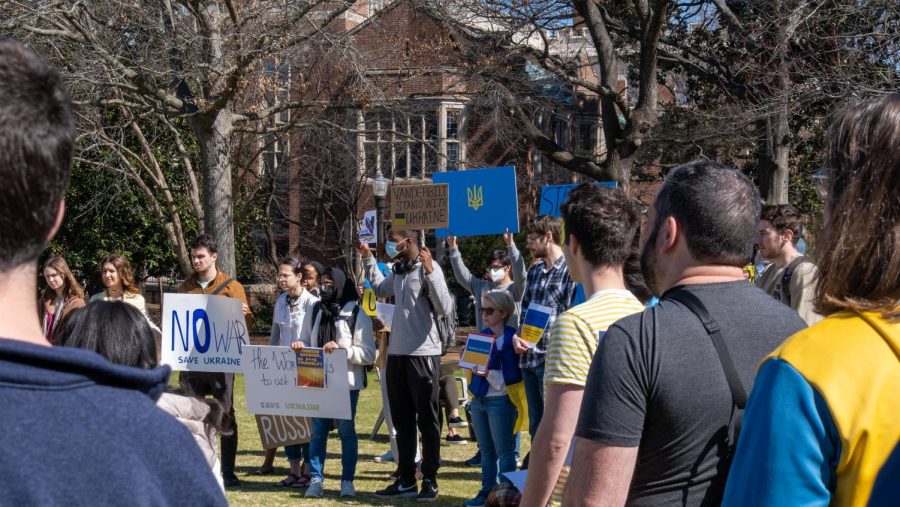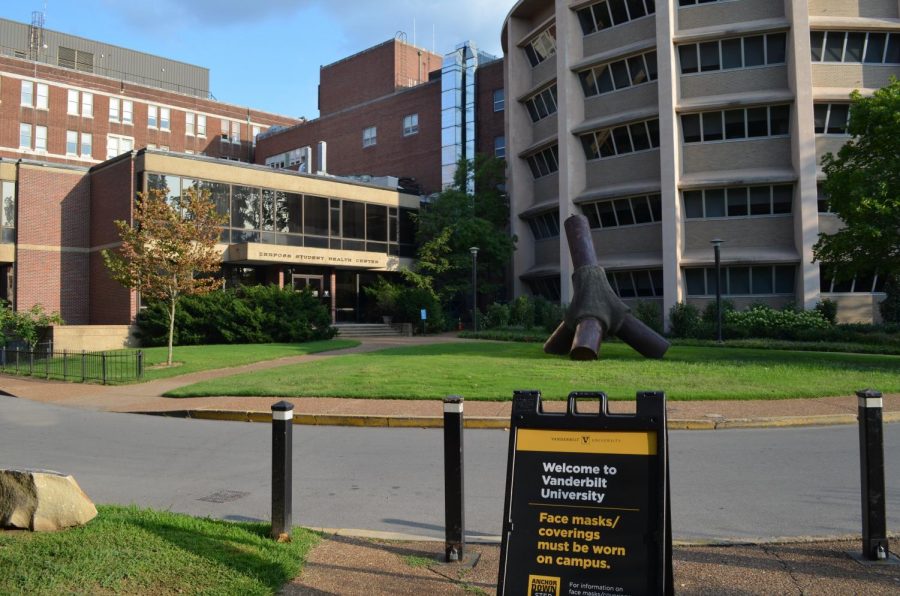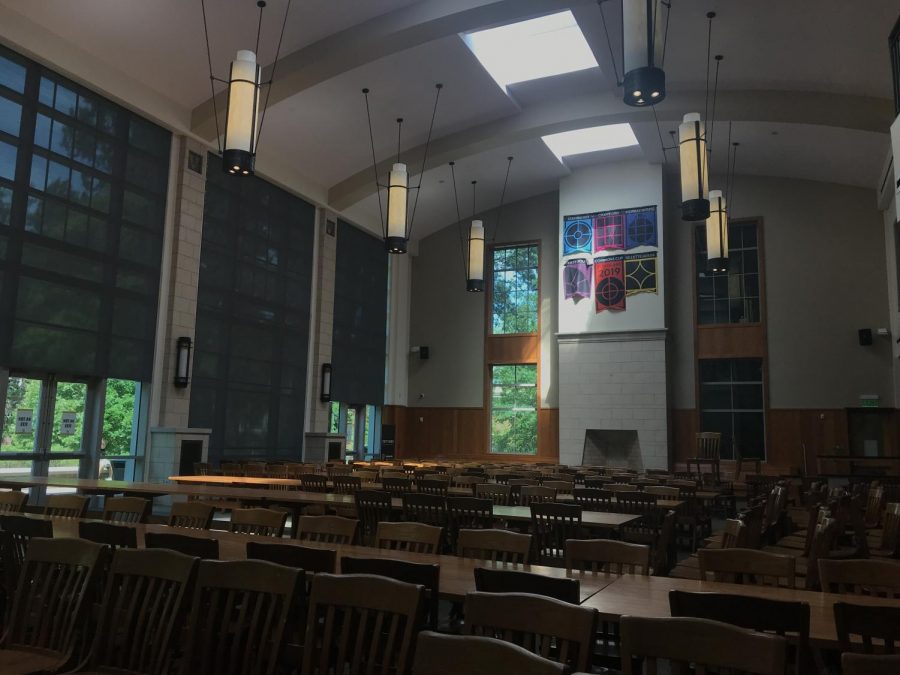On Oct. 6, Vanderbilt announced that students who choose to remain on-campus over the extended winter break will be “charged a daily rate,” which sparked concerns within the international student community. They argue that students who already face travel restrictions and budgetary constraints should not have to pay an additional fee to live on campus.
But this inconsiderate policy should not come as a surprise. Vanderbilt has been quietly sidelining international students since the beginning of the pandemic, and they have routinely failed to address it.
International students already face immense challenges during a “normal” semester. While many of our domestic counterparts can travel home on a whim, we are stuck on campus for six months at a time. Even if we could visit our families, international flights are expensive and quickly add up, leaving us cash-strapped for the rest of the school year. Needless to say, it can be both physically and mentally challenging to live thousands of miles away from home and still perform academically and socially on a campus that lives and breathes competition.
Under normal circumstances, however, most of us still manage to thrive. After all, we chose to attend Vanderbilt perfectly aware of the challenges we would face. But we also expect to be treated with respect when things don’t go as planned. Vanderbilt’s administration has consistently failed to do that.
This year, international students have been little more than an afterthought in the university’s plans. When Vanderbilt announced its Return to Campus plan on June 16, it designed its remote learning program without considering what that would mean for hundreds of international students. Class registration, for example, was scheduled to begin in July, but the university expected students to determine if they intended on studying in-person or remotely by June 26, sending us into a panicked frenzy.
How could we be expected to decide whether or not to spend thousands of dollars, expose ourselves to a deadly virus and quarantine alone for weeks in a foreign country, in just ten days?
At the time, there were no details on how classes would be conducted remotely if we chose to stay home or where students would be housed and what steps the university would take to ensure our safety if we chose to return. Instead, students had to reach out to dozens of university officials to obtain information that should have been available publicly.
Eventually, details began to emerge, and we were able to make plans for the fall. We hoped that something would change–that once classes started, the school would recognize and address the challenges of attending classes from the other side of the world.
But as the semester drags on, it has become increasingly clear that the remote learning plan was not developed with international students in mind. While most professors have made accommodations for students in different timezones by recording classes, adjusting office hours and enabling students to take assessments asynchronously, others have been ignorant of our plight.
Some math professors refused to record classes for international students and denied requests to be enrolled in more accessible courses. The university also dismissed appeals to authorize a “go local” program that would enable international students to complete courses at local universities with more comfortable class schedules. These imprudent policies have already taken a mental and physical toll on students who have been forced to “flip” their sleep schedules to attend classes in Central Time.
These problems persist outside of the classroom as well. Meetings, career fairs and guest speakers are an integral part of the Vanderbilt experience, yet they are effectively inaccessible to students living outside of the United States. This year’s Career Fair, for example, was scheduled to start at 4:00 PM Central Standard Time, which is around 4:00 AM Indochina Time, making it difficult, if not impossible, for many international students to attend.
Worse still, the university is unwilling or unable to support us. The International Student and Scholar Services (ISSS) has failed to offer adequate support to students and coordinate effectively with other offices. Over the summer, students who sought answers to their questions about housing availability, visa statuses and class schedules were met with vague replies or no response at all. University officials have also failed to recognize our concerns in public meetings and announcements. Most recently Chancellor Diermeier held a virtual family weekend in which he spent more time discussing changes to campus dining than he did on the challenges faced by international students.
If the chancellor truly wants to improve Vanderbilt’s international reputation, this certainly isn’t the way to do it.
I still believe that Vanderbilt should be proud of its diverse community. But diversity without inclusion is meaningless. Our administration needs to start making decisions that are in the best interests of every student, not just the domestic ones.
Make it mandatory for professors to have flexible office hours and recorded lectures. Encourage student organizations to host meetings and events at more convenient times. Include international students and parents in making plans for the spring semester.
We need your support now, more than ever.











